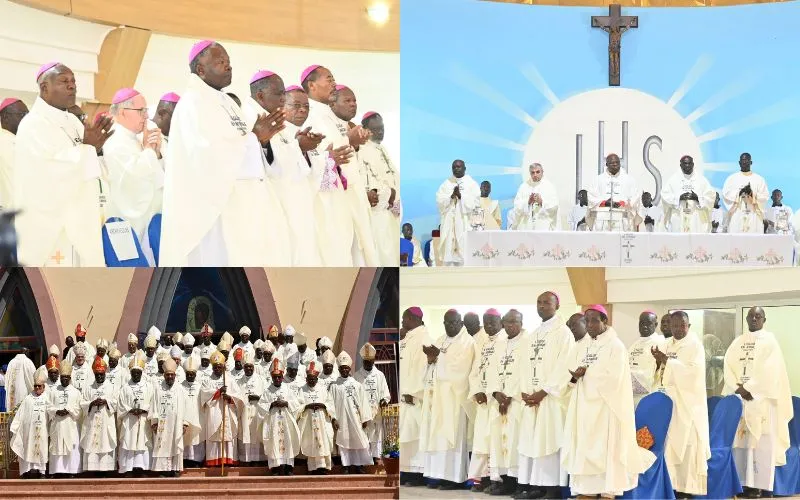Benue State, 24 September, 2023 / 9:00 pm (ACI Africa).
A viral video of soldiers suspected to be aiding a smooth transit of bandits in a Nigerian State has attracted criticism, with a Catholic researcher in the West African country expressing doubt that authorities will bring the alleged soldiers to book.
In the 51-second video said to have been taken between September 9-11, soldiers with rifles are seen strolling among armed civilians, most of them on motorbikes. The armed men are suspected to be bandits.
A man is overheard speaking in Hausa in the video suspected to have been taken in Katsina-Ala in Nigeria’s Benue State, one of the regions that is ravaged by armed Fulani herdsmen the most.
The man on the phone seems to be reminding the one on the other end to allow the armed bandits to move unhindered when they arrive at his end. Their conversation, in part, has been translated as follows, “I want you for the sake of Allah (God)!...Come to the major road and inform the public that for the sake of Allah, Fulani are en-route to that way.”
The man in military gear continues, “Nobody has any business with them… They have been spoken to just now. So, they are just going to pass through. Do you understand?”








